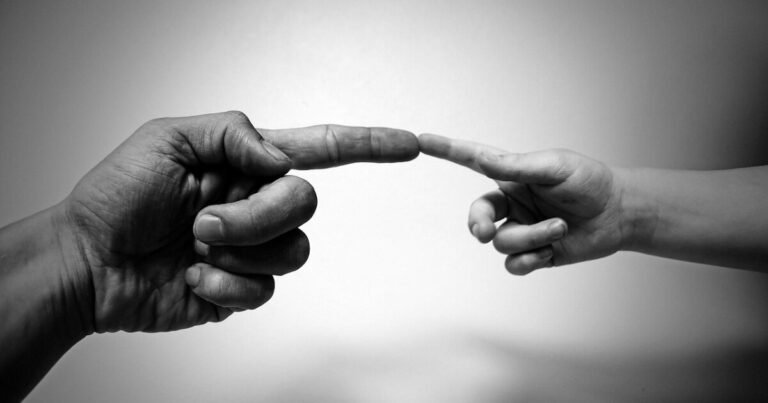
In very early September, on an unseasonably cozy mid-day in Utah, a boy on an exterior phase at an university school was involving with a target market participant regarding weapon physical violence when a solitary bullet cut the air and pierced his throat, eliminating him.
One min later on and one state away, an adolescent young boy educated a hand gun on schoolmates at his Colorado secondary school and began capturing. He tracked pupils with the structure, shooting and reloading, shooting and reloading, shooting and reloading, according to a rep of the area constable’s division there. He could not breach secured class doors behind which the majority of the children had actually gathered together, according to their training. He injured 2 pupils, after that eliminated himself.
Earlier that exact same day, 3 television hosts bantered regarding being homeless. Gathered pleasantly on a brilliant white couch, they questioned what can be done to secure individuals from those without homes, like the male with a background of psychological health problem that had actually lately stabbed a Ukrainian evacuee to fatality on a train. One host recommended the unhoused approve assistance or be imprisoned. His coworker, a guy called Brian Kilmeade, reduced in with one more concept.
” Uncontrolled dangerous shot or something,” Kilmeade stated, throwing the assumed right into the discussion like a stress explosive. “Simply eliminate them,” he cleared up, as though explanation was required.
On that particular day, September 10th, 2025, an assassin, an institution shooter, and a conventional media influencer recommending a remedy to a social issue that would certainly have been unimaginable simply a year earlier, revealed all of us what can occur when compassion is lacking.
And yet there is a tiny group of individuals demanding also much less of it.
To attempt to comprehend what’s taking place below, Bonnie Petrie spoke with a professional in the scientific research of compassion. Where does it originate from? Why do we experience it? How do we experience it? Is it a weak point, a toughness, neither, or both?
Guest: Dr. Helen Riess is the Supervisor of the Compassion and Relational Scientific Research Program in the Division of Psychiatry at Massachusetts General Health Center, a Partner Teacher of Psychiatry at Harvard Medical College, creator of Empathetics, Inc., and writer of a publication called The Compassion Impact.



